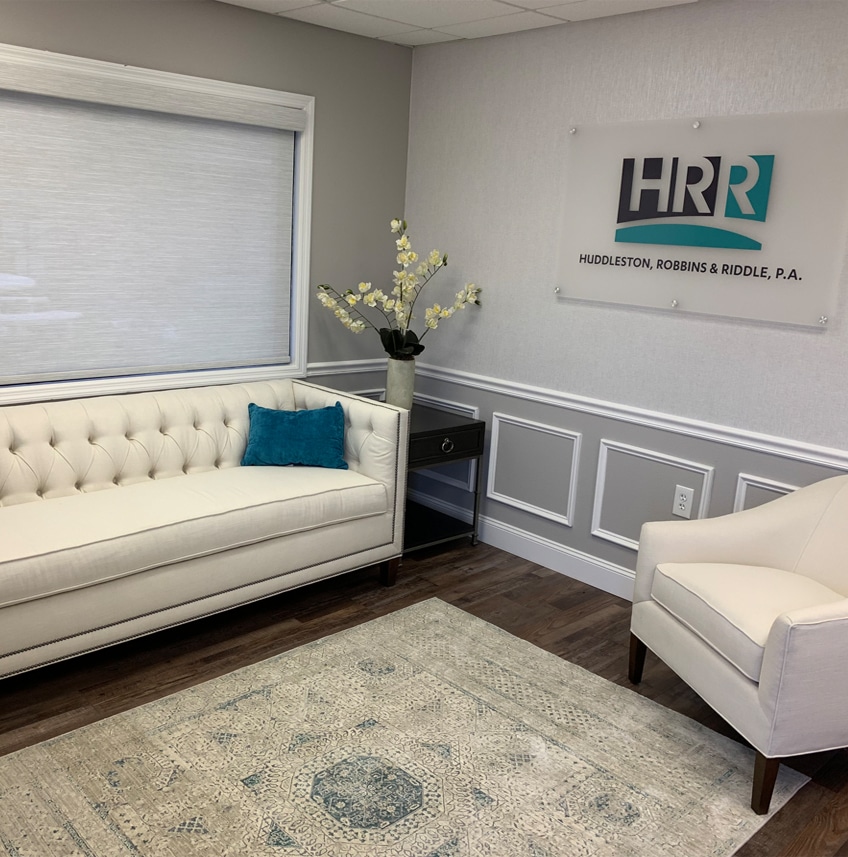An Overview of the Financial Eligibility Requirements for SSI Disability Claims

Category: Disability Law
- 15 Apr 2022
- Posted By WebSiteAdmin
The Social Security Administration (SSA) is responsible for administering the Supplemental Security Income (SSI) program. SSI is a federal disability program through which disabled individuals who have limited income and financial resources can receive monthly benefits. To bring a successful SSI claim, an applicant must prove that they meet the federal program’s financial eligibility requirements. In this blog post, our Melbourne, FL SSI attorneys provide a comprehensive guide to the financial eligibility requirements for Supplemental Security Income claims in Florida.
You Can Still Apply for SSI Disability Benefits Without a Work History
As a starting point, it is important to clarify the difference between the two different Social Security disability programs: Social Security Disability Insurance (SSDI) and Supplemental Security Income (SSI). While both programs have similar medical eligibility requirements, the financial and legal standards are quite different. Here is an overview of the key differences:
- SSDI benefits are only available to people who are “insured.” To qualify as insured for the purposes of SSDI, you must have a sufficient work history based on your age.
- SSI benefits are available only to people with limited income and limited resources. To meet the financial requirements for SSI, your income and/or assets cannot be too high.
Summary: The SSI program is an alternative Social Security disability program that does not look at an applicant’s work history. You can qualify for benefits if you have a very limited work history or even no work history at all. Instead, SSI disability claim reviewers will assess your income and assets.
Supplemental Security Income (SSI): Defining Income
Understanding that financial eligibility is an important aspect of an SSI disability claim, it is useful to know exactly how the income is defined for the purposes of the program. As explained by the Social Security Administration (SSA), SSI countable income is broadly defined as “anything you receive during a calendar month and can use to meet your needs for food or shelter.” In other words, the Supplemental Security Income program can count both cash and non-cash assets as income. If you have any specific questions or concerns about what does or does not count as income for the purposes of an SSI disability claim, contact our Central Florida Social Security disability attorney for immediate help.
Understanding the SSI Income Exclusions
While the Supplemental Security Income program has a broad definition of income for disability claims, there are some exclusions available. Your total “income” as defined by the SSI may actually be higher than your countable income because some exclusions may apply to your case. Here are three most important things to know about SSI income exclusions:
- Health Care Benefits are Excluded: The SSI defines income as something that can be used to obtain food or shelter. If someone pays for your medical care, that obviously cannot be used directly to get either food or shelter. Medical care is not considered for the purposes of SSI. If someone paid for your medical care or you got free medical care, you are not required to count that as income.
- Unearned Income Exclusions: Some unearned income—meaning money or benefits not earned as wages or business income—can be excluded. Specifically, you are allowed to exclude $20 per month in cash gifts, state or locally funded government assistance, rental assistance from the Department of Housing and Urban Development (HUD), and Supplemental Nutrition Assistance Program (SNAP) benefits.
- Earned Income Exclusions: Some earned income—meaning money paid to a person as wages or for work/business—can also be excluded from SSI calculations. Specifically, you can exclude the first $65 that you earned in income each month plus any unused portion of your $20 unearned income exclusion and certain impairment related work expenses.
Beyond Income: A Strict Asset Test for SSI Disability Claims
As noted previously, the SSI disability financial eligibility requirements look at both an applicant’s income and their assets. Even if you satisfy the income test, you could still be denied benefits if your assets are too high. In order to qualify for SSI benefits, a disabled individual cannot have countable financial resources worth more than $2,000 for an individual or $3,000 for a married couple. Once again, there are some notable exclusions that apply. You generally do not have to count the following:
- The value of your primary residence (home equity);
- One vehicle; and
- Many of your household goods.
Medical Evidence is Still Key in an SSI Disability Claim
Finally, it must be emphasized that the Social Security Disability claims reviewers will still take a very close look at the medical evidence provided when assessing your SSI disability claim. The medical standards for SSI are similar to the medical standard for SSDI. According to official federal government data provided by the SSA, approximately one-third of all Social Security disability claims filed are eventually denied on medical grounds. The most common reasons for SSI disability medical denials include the following:
- Applicant’s disability is not expected to last long enough (At least one year);
- Applicant’s disability is not deemed sufficiently severe;
- Applicant is still to perform his or her typical line of work; and
- Applicant is able to perform an alternative type of work.
To put yourself in the best position to receive SSI disability benefits, it is imperative that you have well-organized and comprehensive medical documents and records that establish the existence and severity of your disability. If you have any specific questions or concerns about medical evidence and Supplemental Security Income claims, contact an experienced Florida Social Security disability lawyer for immediate help with your case.
Contact Our Florida SSI Attorney for Immediate Legal Help
At Huddleston, Robbins & Riddle, P. A., our. Central Florida SSI attorneys are passionate and skilled advocates for our clients. If you have any questions about financial eligibility requirements for SSI, we are available to help. Give us a call now or contact our firm online for a free, no obligation initial consultation. With legal offices in Melbourne and Orlando, we handle Supplemental Security Income cases throughout the region, including in Orange County, Brevard County, and Osceola County.








